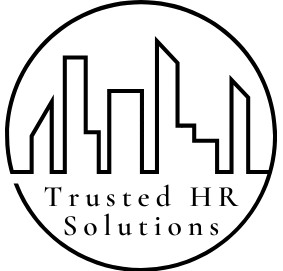What Are Core Values?
A core value is a belief that a business has and is a fundamental building block for constructing your organization’s culture. They are traits and characteristics that need to be clearly and consistently communicated by leaders every chance they get. Undoubtedly, core values are standards of behavior that represent what an organization cares the most about and represent which characteristics they prioritize while in business. Furthermore, they are the vehicle that drives business decisions. Core values are also a guide for how an organization interacts with clients, employees, and other stakeholders. Core values and organizational culture go hand in hand.

Why Core Values and Organizational Culture?
Having clear, consistent core values is important for the strength and impact of company culture. Strong core values can increase business decision accuracy. Furthermore, they give employees a vehicle to drive their actions. Core values also help sculpt an organization’s vision. Also, core values help motivate and inspire employee performance. Additionally, consistent core values are a must if you desire a high performing team and if you want to differentiate from your competitors. By sticking to your core values, your team can overcome any obstacle and achieve your targets. Remember to live your core values, not just talk about them.
There are tons of options for an organization to implement and live their core values. They should be implemented into all employee-related processes. These processes can include how you recruit talent, how you hire candidates, how you conduct performance reviews, and how you frame the criteria for rewards and promotions. Keep in mind, implementing these core values do not happen over night. Certainly, it can take months to see the affects of living your core values.
Here are some common methods of implementing your organization’s core values:
- Make them visual on the company website, in your employee handbook or having them in high traffic areas so employees or clients can see them daily.
- Include your core values in company job postings to attract like minded individuals. And, when it’s time to interview – make sure to ask questions that will assess if a candidate aligns with your core values.
- In regards to performance management, align your key performance indicators with your core values. This will help when correcting unwanted behaviors and setting expectations.
- Host team exercises or activities that teach or re-enforce your company’s culture and core values.
- Consistent communicate values. The message sent should always be consistent and verbalized in a clear way. Clear and consistent communication of company cultures cannot be emphasized enough. Confused employees are not happy or productive.
- Rewarding and praising employees who are living the core values will help set an example to the others.
If you have any questions about core values and organizational culture, reach out to us here.



















